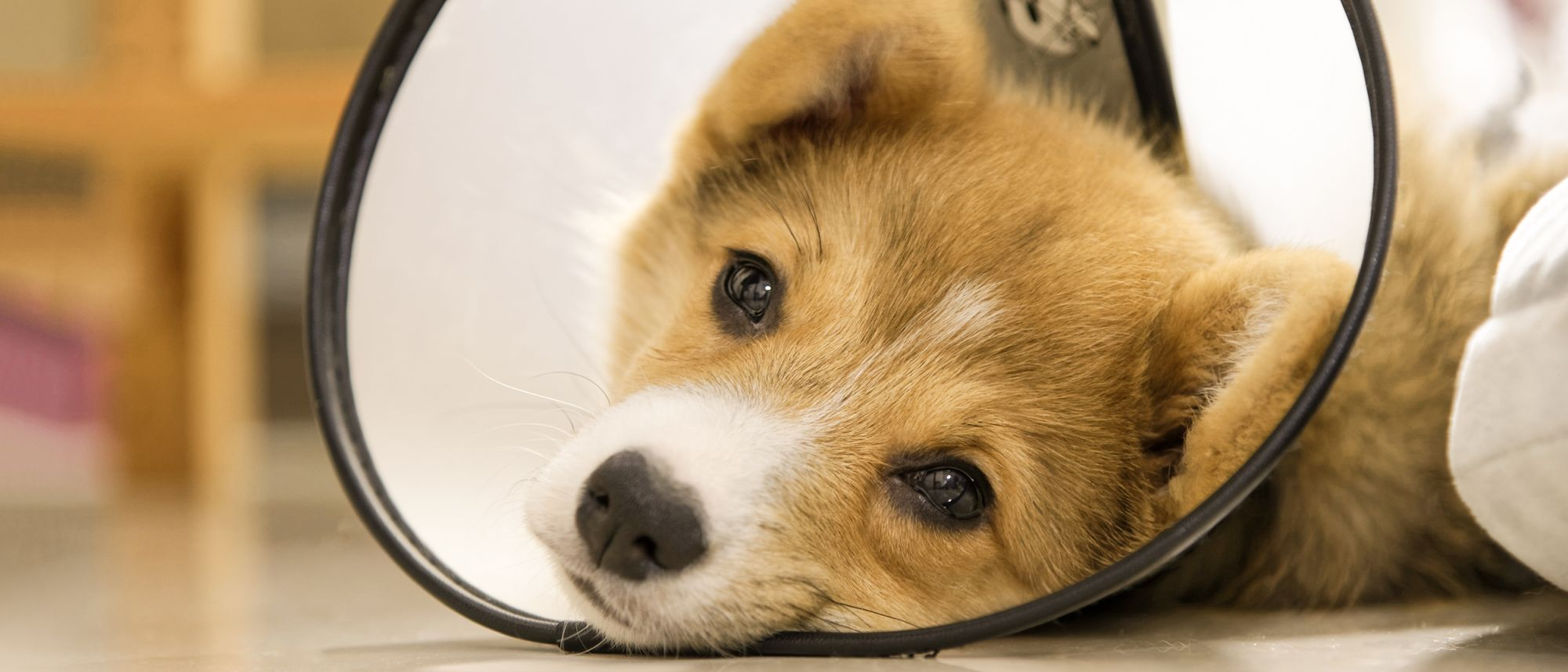Should I neuter my male dog?

The decision to get your puppy neutered isn’t one to be taken lightly. The procedure brings with it lots of benefits to your dog, as well as to you and your home environment, but it will also have an impact on your puppy’s behaviour.
What is neutering?
Neutering is a term applied to male dogs, although it’s sometimes used for both sexes. It’s a process by which your puppy undergoes a medical procedure to prevent him from being able to have a litter. You may also hear it referred to as sterilisation.
How does neutering work?
In male dogs, a vet performs the operation. The most common type of neutering is where the dog’s testicles are completely removed, also known as ‘surgical ablation’. The procedure prevents your puppy’s body from producing sperm which can fertilise a female dog and lead to a litter.
When should you neuter your dog?
If you decide to have your puppy neutered, it needs to be done before puberty at around seven to 10 months old. In large and giant breed dogs, puberty happens a little bit later and so they should be sterilised when they are slightly older. Your vet will be able to advise you on the best time for neutering, when it’s safest and most convenient for you and your puppy.
How do I know if I should neuter my puppy?
There are several benefits to having your puppy neutered which can improve their health and have a positive impact on your home environment:
- It reduces roving, fighting and hostility towards other dogs
- It can eliminate or reduce other male dogs marking their territory in your garden
- It reduces the risk of your dog running away
- It prevents unwanted litters and sexually-transmitted diseases
- It may reduce aggressive behaviour
However, there is some evidence to suggest neutered puppies are more at risk of prostate and bone tumours than un-neutered dogs.
What should I feed my neutered puppy?
After being neutered, your dog’s metabolism changes. This affects his energy needs and can pose a problem, as weight gain becomes a very pressing risk. This can happen over just a few weeks or months, so it’s essential to prepare for this if you do decide to have your puppy neutered.
His new nutritional requirements need to be taken into account immediately, which you can do by giving them a specially-designed food for neutered dogs. Your vet will also be able to advise you on monitoring your dog's body weight and adjusting his food post-operation.
Getting a puppy neutered is very common and can help make their behaviour and home life calmer and friendlier. However, it’s entirely your choice whether you decide to neuter your dog; ask your vet for advice if you’re unsure, as they’ll be more than happy to advise you.
Related Articles
Tailored nutrition for your puppy
A range of formulas that help build their natural defences, support healthy growth and digestive system development.
Like & share this page